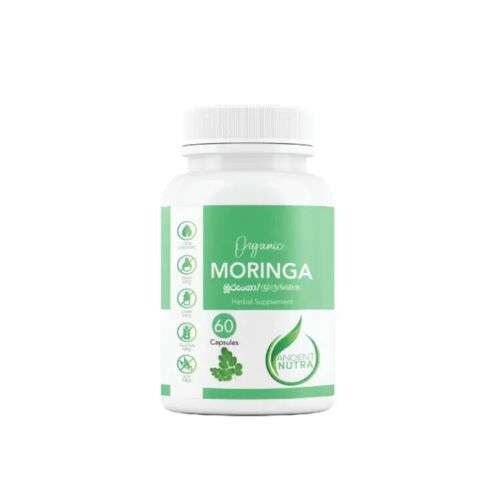




ID: 764640
SKU: 46fa3c806a98
Category: Organic and Forest Products
Tags: 30days
Organic Unrefined African Shea Butter: Nourishing Moisture for Revitalized Skin
About this item:
– Rich in antioxidants, vitamins A, E, and fatty acids, African Shea Butter is an excellent natural moisturizer that deeply nourishes and protects skin. – Suitable for all skin types, it absorbs quickly without clogging pores, making it ideal for dry, sensitive, and acne-prone skin. – Its anti-inflammatory properties soothe irritation and reduce redness. – Packed with nutrients, shea butter aids in skin repair, reducing the appearance of scars and stretch marks. – Its natural SPF provides sun protection, making it a great addition to your skincare routine. – Available in unrefined form, preserving its natural scent and color. – Comes in various sizes to meet individual needs.
₹24000
On preorder
Delivered in 30-60 days
On Pre-Order
Guaranteed Secure
- Guaranteed delivery
- Fast shipping
- PAN India shipping
- 100% Secure payment
- Regular orders dispatch in 48 Hours
- Pre-orders dispatch in 30-45 days
- Returns accepted
- Fast refund process
- 24/7 customer support







